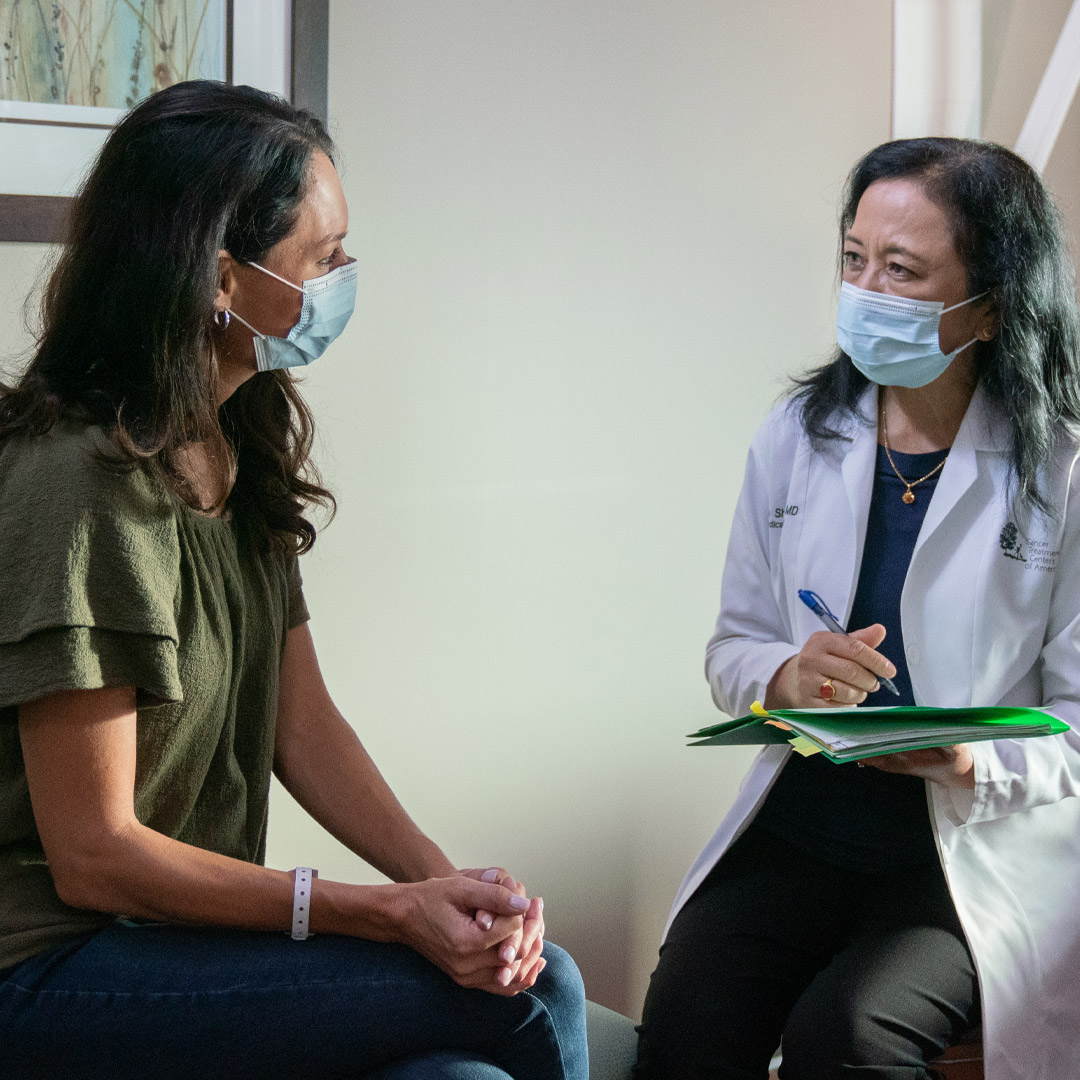Cancer- Preparation of Surgery
Colon-Rectum Cancer- Things to know prior to surgery
Things to know if a patient is diagnosed with colo-rectal cancer and their treatment option includes surgery.
Summary: 60 Second Read
This article covers-

Your doctor will help you to prepare for surgery. You are strongly advised to stop smoking, stop drinking alcohol, try to improve your diet, lose weight, or actively exercise before surgery.
Pre-operative testing
In most cases, you will need some tests before your surgery. The tests routinely used include:
- Blood tests to measure your blood counts, your risk of bleeding or infection, and how well your liver and kidneys are working. Your blood group type is also checked in case you need blood transfusions during the operation.
- Chest x-ray and ECG (electrocardiogram) to check your lungs and your heart’s electrical system.
- USG/CT scans/ MRI to look at the size and location of the tumors and see if the cancer looks like it has spread to nearby tissues.
Anaesthetic Assessment before Surgery
A team of Anaesthetist will ask you questions pertaining to your health and to assess your fitness for surgery. You are requested to tell them in detail about your current and past medical ailments, allergic reactions you’ve had in the past and current medicines that you are taking like blood thinning medicine. This medicine should be stopped 1 week prior to surgery.
Informed Consent
Informed consent is one of the most important parts of “getting ready for surgery”. It is a process during which you are told about all aspects of the treatment before you give your doctor written permission to do the surgery.
Here are some questions you may want to ask:
- In what part of the rectum is my cancer located?
- What is the stage of my cancer?
- Has my cancer spread to other parts of my body?
- Will I need more tests?
- What are the treatment options?
- How much does each treatment increase my chances of a cure?
- What are the potential side effects of each treatment?
- How will each treatment affect my daily life?
- Is there one treatment that you feel is best for me?
- How much time can I take to make my decision about treatment?
- Should I seek a second opinion?
Getting ready for Surgery
Depending on the type of operation you have, there may be things you need to do to be ready for surgery:
- Emptying your stomach and bowels (digestive tract) is important. Vomiting while under anaesthesia can be very dangerous because the vomit could get into your lungs and cause an infection. Because of this, you will be asked to not eat or drink anything starting the night before the surgery.
- Laxative: You may also be asked to use a laxative or an enema to make sure your bowels are empty.
- Shaving of Operative part: You need to have an area of your body shaved to keep hair from getting into the surgical cut (incision). The area will be cleaned before the operation to reduce the risk of infection.





































































































